Kids say the darndest things, don’t they?!
My mother loves to tell the story about the day I announced to my entire kindergarten class that she was an alcoholic because she drank beer.
Considering my mother was not an alcoholic, I can imagine the embarrassment she felt attempting to explain to the teachers and parent volunteers that is was “only an occasional beer.”
No matter how she spun it, I’m sure it sounded bad.
Sorry mom.
Then there was a the time I attended an outdoor barbecue and a little girl asked one of the guests why her tummy was so fat.
Or the time I took my little brothers to the state fair and they innocently asked why there were so many chocolate people.
Or the time a preschooler walked up to me and asked, “When was the last time you tried to make a baby?”
Or the time my toddler boy walked around saying, “Oh shit!” for two weeks straight.
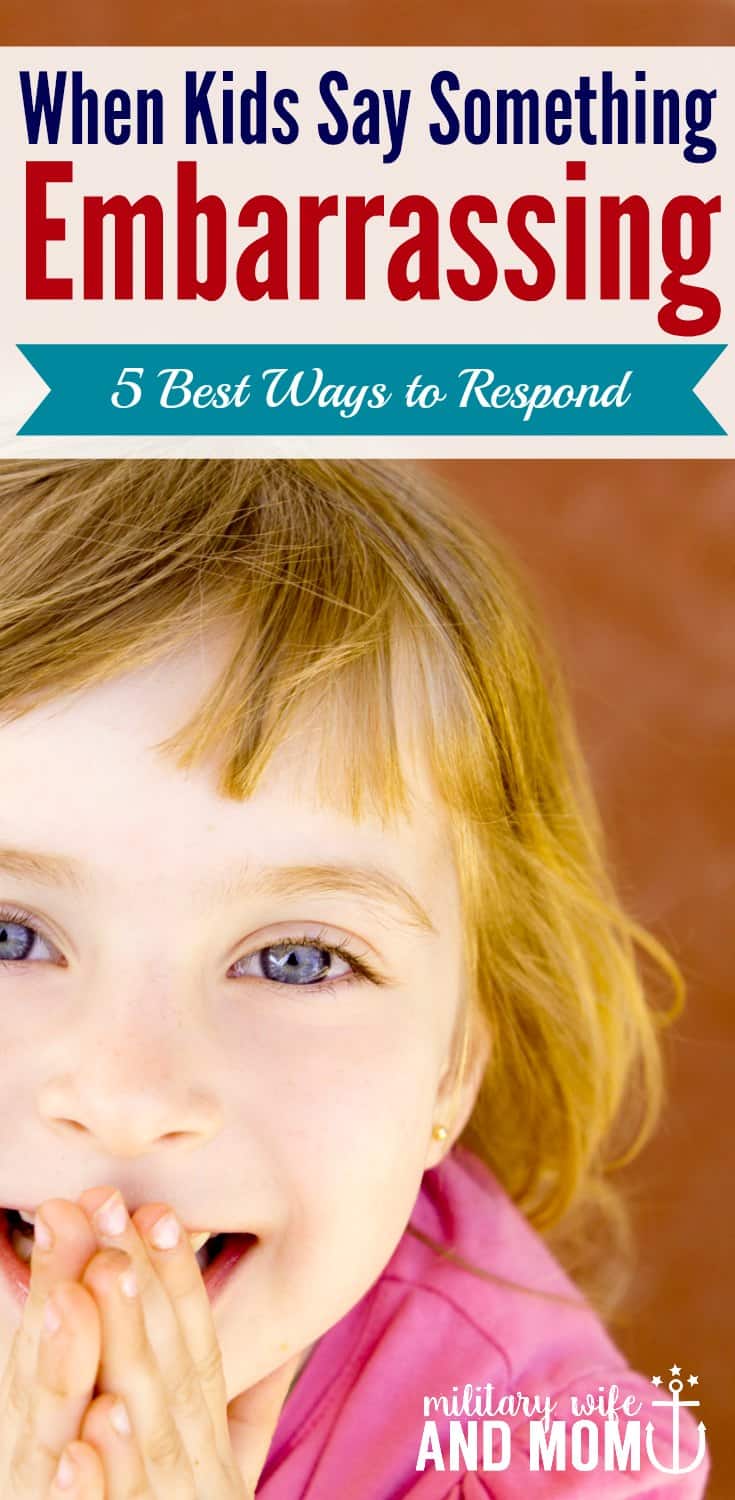
Talk about embarrassing kid moments.
While your cheeks may feel hot and your throat tight, a child’s unfiltered thoughts, feelings and ideas are entirely normal.
Especially when you consider that from ages zero to five, a child’s brain is run by the emotional brain or the limbic system. Kids in this age range tend to do “what feels right,” rather than things based on political correctness or logical thought.
As kids grow beyond the age of five, they will start to use their thinking brain or prefrontal cortex more and more, but this is a learning process.
Kids will say embarrassing things well beyond the age of five, and they are looking to parents and caregivers to teach them appropriate ways to self-correct in various situations.
So if it’s normal, the real question is…
Related: 2 year-old not listening? Try this remarkable tip
How do you respond to embarrassing kid moments?
Embarrassing moments catch you off guard, specifically when your kid walks up to a stranger with an eye patch in the grocery store and asks how they became a pirate.
This can leave you feeling dumbfounded and speechless. My past responses certainly lacked in grace and tact.
Like the time my oldest announced to his grandmother that she “had a lot of wrinkles” and I responded with “that’s what happens when people get old.”
Not exactly the encouraging words I wanted to say to my mother, nor the words she wanted to hear.
The best way to respond is to SAY WHAT YOU SEE®.
Anytime you don’t know what to do in parenting, the one thing I always turn to is SAY WHAT YOU® SEE from Language of Listening®.
This is where you dive into the child’s world and describe what you see in the moment without judgement, fixing, teaching or questions.
When responding to a child saying anything about size, you could say…
“You noticed that her tummy is bigger than yours. That peaked your curiosity. Next time you can say, I am small. Or you are bigger than me.”
When responding to a child saying anything about skin color, you could say…
“You noticed that his skin is a different color than yours. Some people have light skin and some people have dark skin and that makes us each beautiful and unique.”
When responding to a child saying anything about the birds and the bees, you could say…
“You are very curious about babies and where they come from. I wonder if there is a book that could help us find the answer.”
When responding a child saying, unfavorable words you could say…
“You learned a new word that you heard mommy and daddy say. That shows your ears know how to listen well. You can only say those words in your bedroom.”
**Note: when kids start saying curse words, you may find success giving kids a safe place to say those words and get all the experimentation out of the way. It allows the allure and power of the word to wear off.**
When responding to a child saying anything about appearances, you could say…
“You noticed that her face looks different than yours. You pay attention to details. All of our faces are different and that is what makes us beautiful.”
Related: 9 Genius Phrases for Parenting a Strong-Willed Child
Here’s the two most important parts.
1. Kids aren’t intentionally trying to embarrass people. It feels personal, but the good news is that it’s not.
2. Ignoring embarrassing kid moments could make it worse. All kids will continue to communicate until they feel heard and ignoring embarrassing phrases encourages kids to repeat themselves until someone acknowledges what they are saying.
Using SAY WHAT YOU SEE® is the easiest way to acknowledge what the child is saying without making a big deal out of it.
Try it next time.
When you’re dropping your kid at school and he announces to the teacher that “my mommy has diarrhea” just remember to stay cool and SAY WHAT YOU SEE®.

Related: 10 Powerful Responses to Use With Your Complaining Child
“You noticed mommy had an upset stomach and went to the bathroom. That shows you’re observant. Next time you can say, ‘Mommy doesn’t feel well.’”
Then let it go.
Before too long your child will begin using that prefrontal cortex, sharing thoughts and ideas filled with logic, self-regulation and self-awareness.
Until then, you’ll always have a good story or two to tell.
Print this free toddler listening checklist.
This post comes with a free printable checklist to help with toddler listening. I always have the hardest time remembering these phrases. This printable simplifies it!
Here is a sneak preview…
Download Your Free Printable
- Download the checklist. You’ll get the printable, plus join 37,000+ parents who receive my weekly parenting tips and ideas!
- Print. Any paper will do the trick, but card stock
would be ideal.
- Place it on your refrigerator. Check things off as you go and don’t forget a thing!
Want more on parenting?
- The 3-Step Method That Will Change the Way You Parent
- 10 Best Books on Positive Toddler Discipline
- How to Respond When Your Child Lies to You
- 8 Remarkable Phrases to Help You Raise a Grateful Child
I've created a free email series just for you! If you are struggling with teaching your child to listen, this series will help transform your parenting. Yes, really. I've seen my proven strategies work time and time again for parents. I know it can work for you too.
After taking my free email series, you will:
- Learn simple, yet highly effective listening strategies
- Experience a stronger connection with your child
- Enjoy more peaceful parenting days
- Gain more cooperation from your child

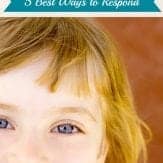
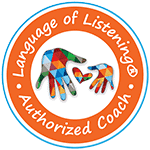
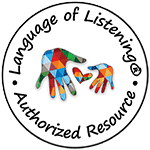
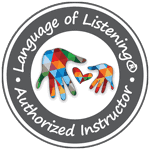
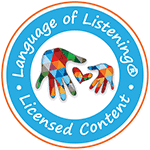




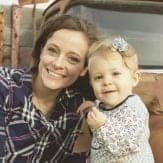
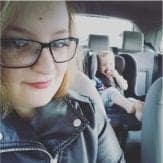


AuntSue
Oh the fun! Our family had recently moved and was being being visited by our new Mormon Home Teachers (two good men who visit families once a month to offer help and a Gospel message). In the middle of their message, our three year old daughter piped up, “My Mama watches BAD SHOWS!” Their jaws actually dropped, just like in the cartoons. (I didn’t know that could really happen!) I quickly explained that she loved PBS kid’s shows, but at noon I would change channels to watch the 12 o’clock news, and she thought that was boring and bad.. Yeah, they didn’t look very convinced either.
We had just moved from Utah to North Carolina when our youngest son was 4 years old. As we were all waiting in line at a fast food place, he innocently asked, “Why are all the people on this side of the counter white, and all the people on the other side of the counter black?” (He was precociousIy aware of differences). We were so flustered that we didn’t say anything at all and just quickly ushered him outside to answer his question. I don’t remember what we told him, but we should have discussed the issue of race differences before we moved!